Camu Complete – The Ingredients
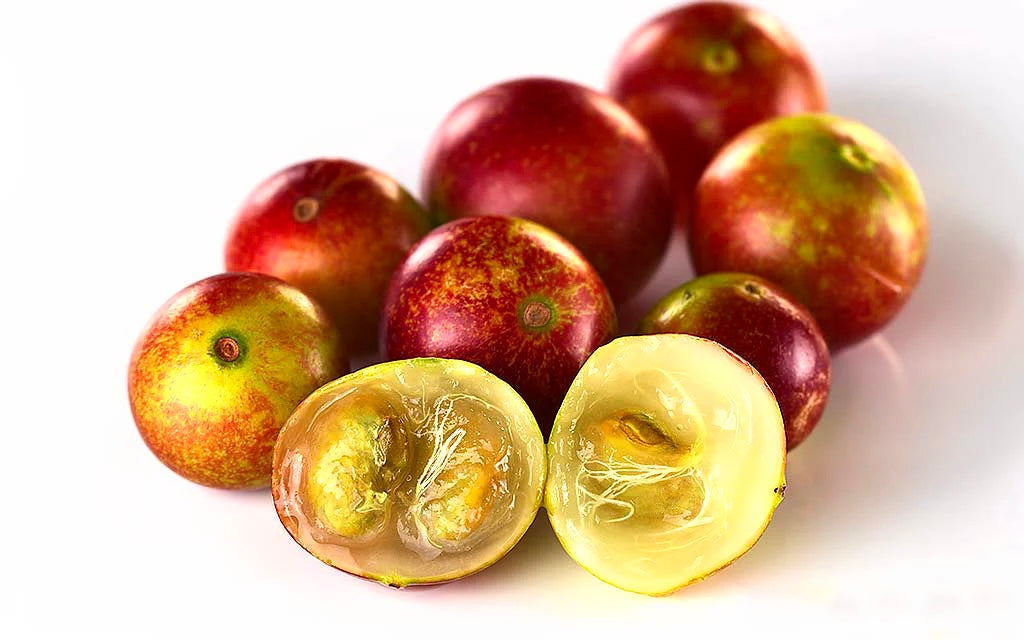
Camu Camu
A sour berry native to the Amazon rainforest.
• Property: Extremely rich in vitamin C and bioactive compounds possessing potent antioxidant properties that help bolster immune function, support a healthy inflammatory response, and contribute to skin and tissue health.

Acerola Cherry
A small, bright red fruit native to tropical regions, also known as the Barbados cherry.
• Property: Contains high levels of vitamin C and antioxidants, which enhance immune health and combat oxidative stress.
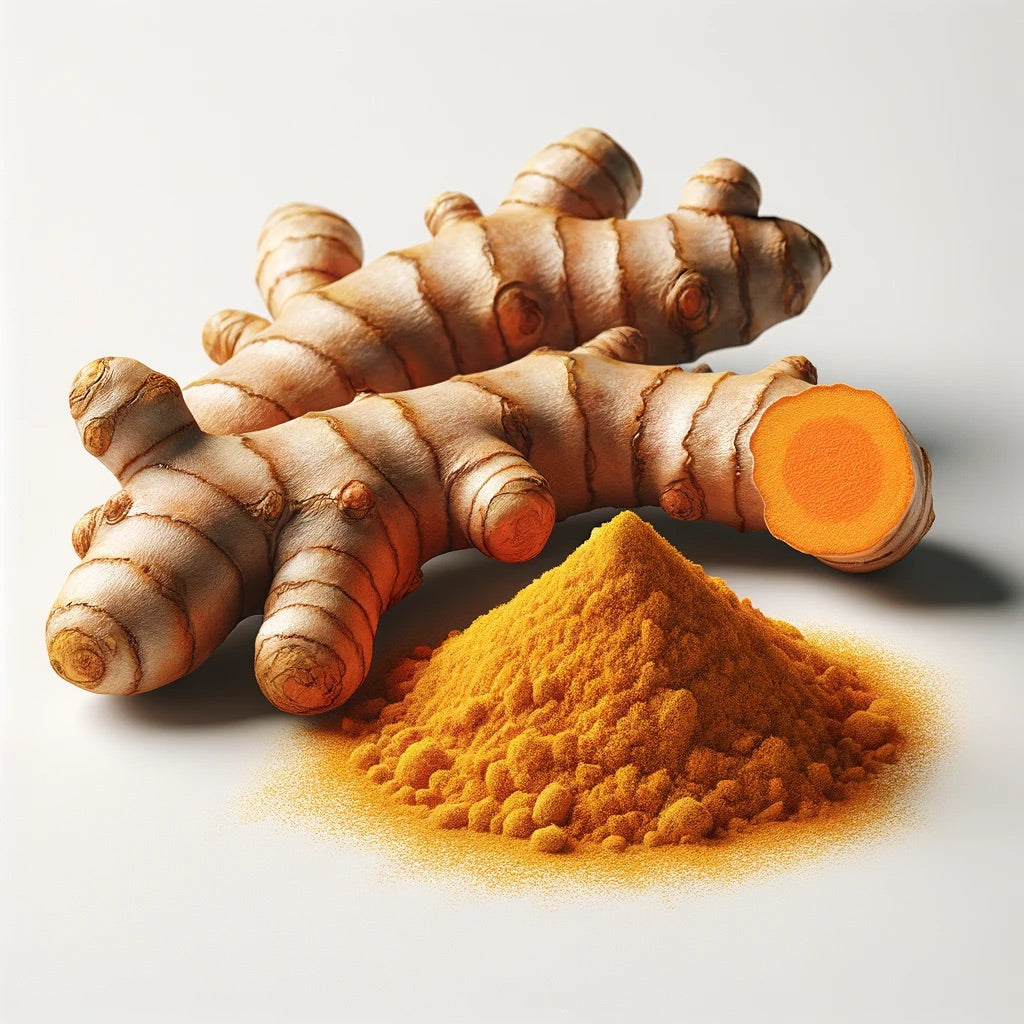
Turmeric
A yellow spice derived from the Curcuma longa plant.
• Property: Contains curcumin, which helps maintain a balanced inflammatory response and has antioxidant effects, supporting joint health.

Agave Inulin
A type of dietary fiber derived from the agave plant.
• Property: Acts as a prebiotic, supporting digestive health by feeding beneficial gut bacteria, improving bowel regularity, and aiding in blood sugar control.
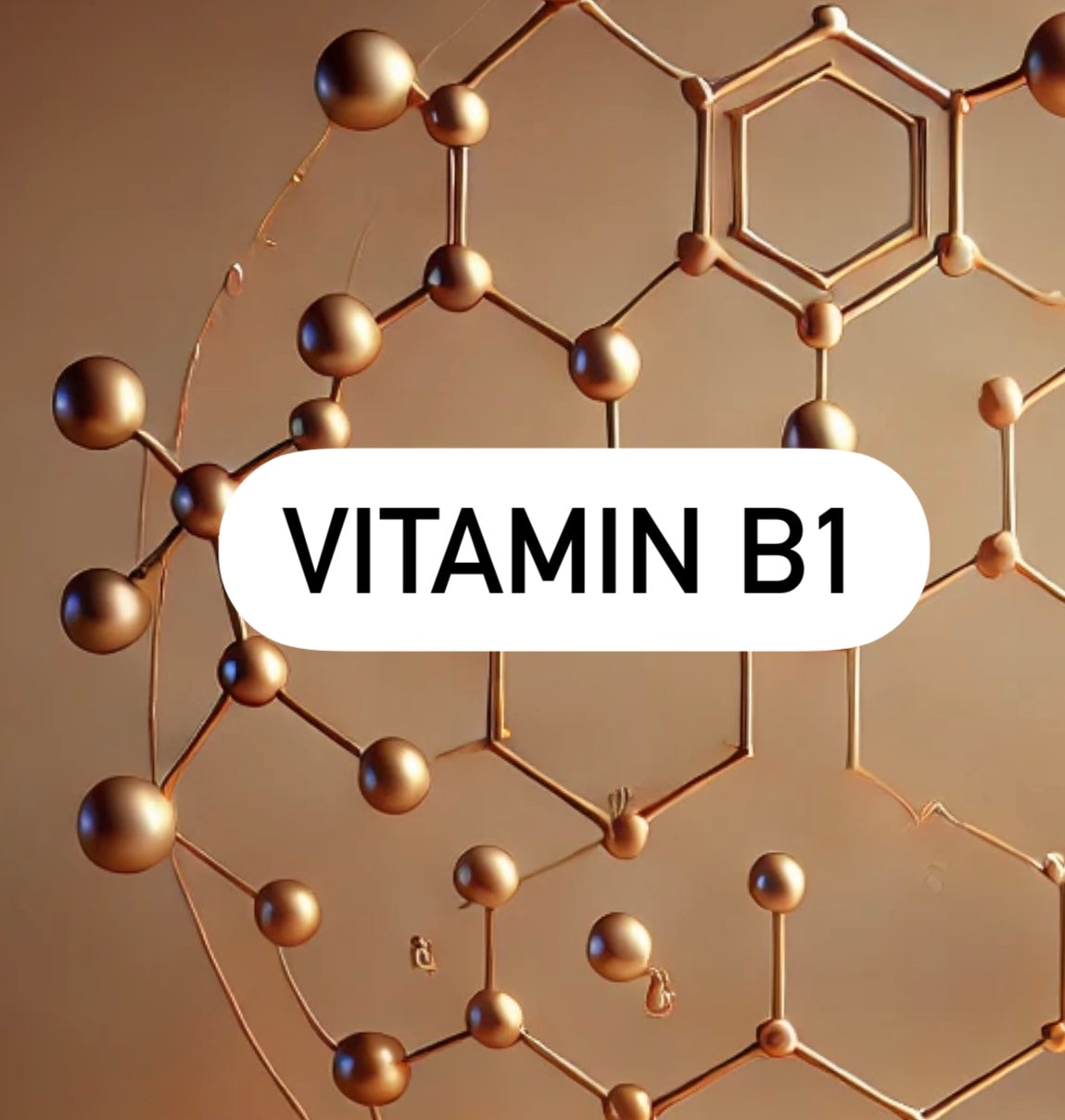
Vitamin B1 (Thiamine)
A water-soluble vitamin essential for energy metabolism.
• Property: Supports the conversion of carbohydrates into energy and helps maintain proper nerve function.
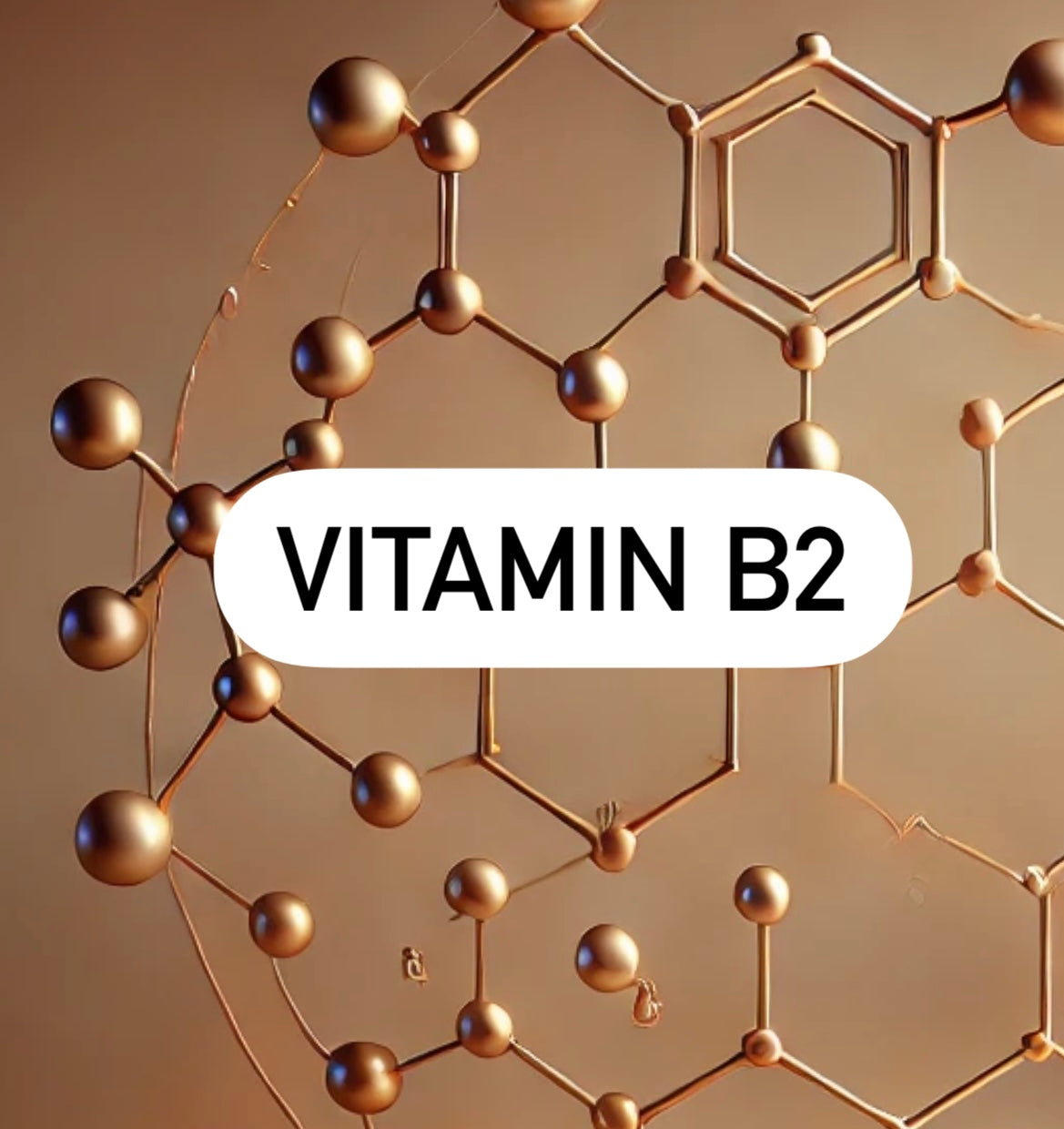
Vitamin B2 (Riboflavin)
A water-soluble vitamin important for energy production and cellular function.
• Property: Acts as an antioxidant and supports the metabolism of fats, proteins, and carbohydrates.
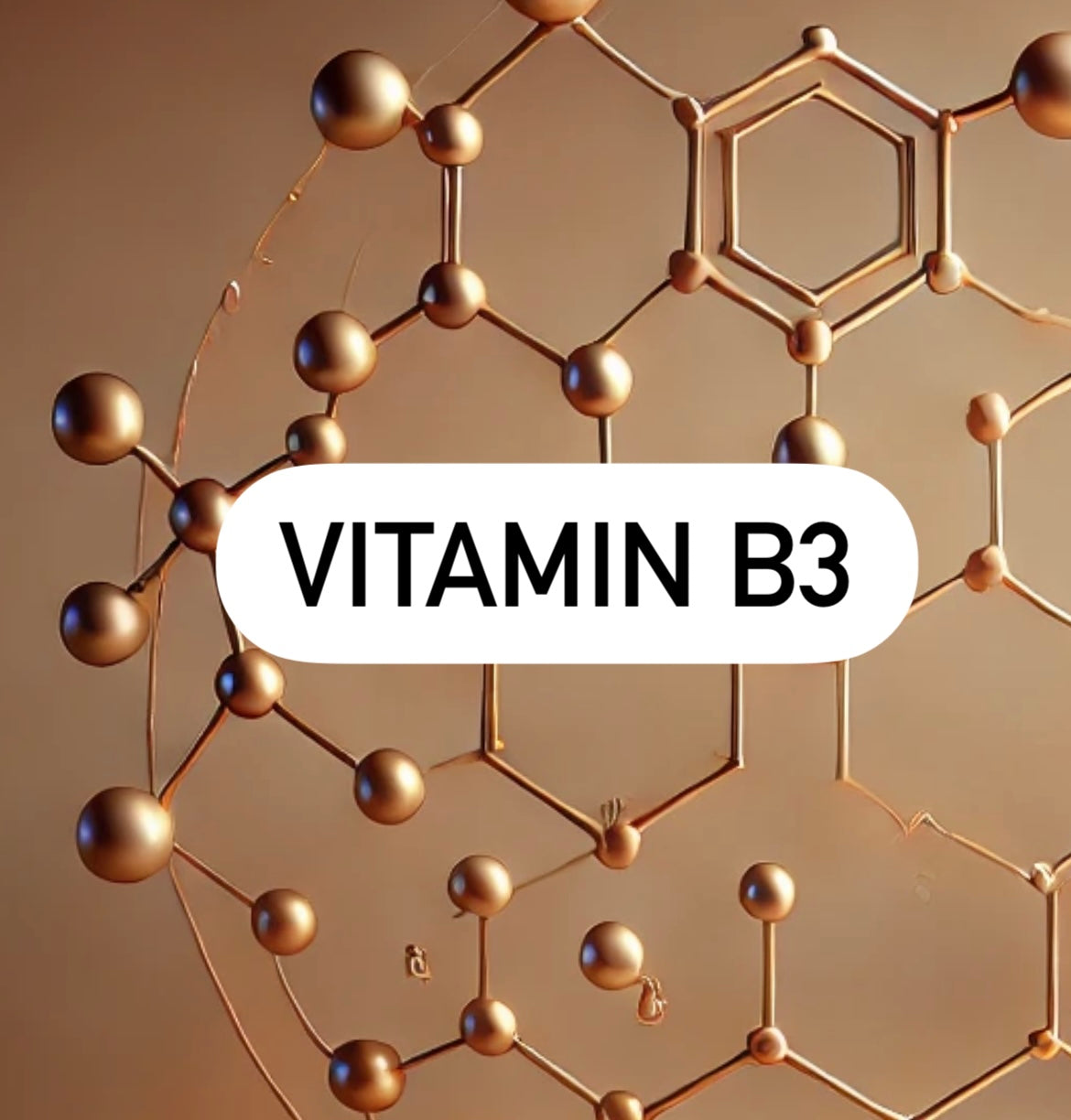
Vitamin B3 (Niacin)
A water-soluble vitamin that helps convert food into energy.
• Property: Supports skin health, nerve function, and cholesterol regulation.
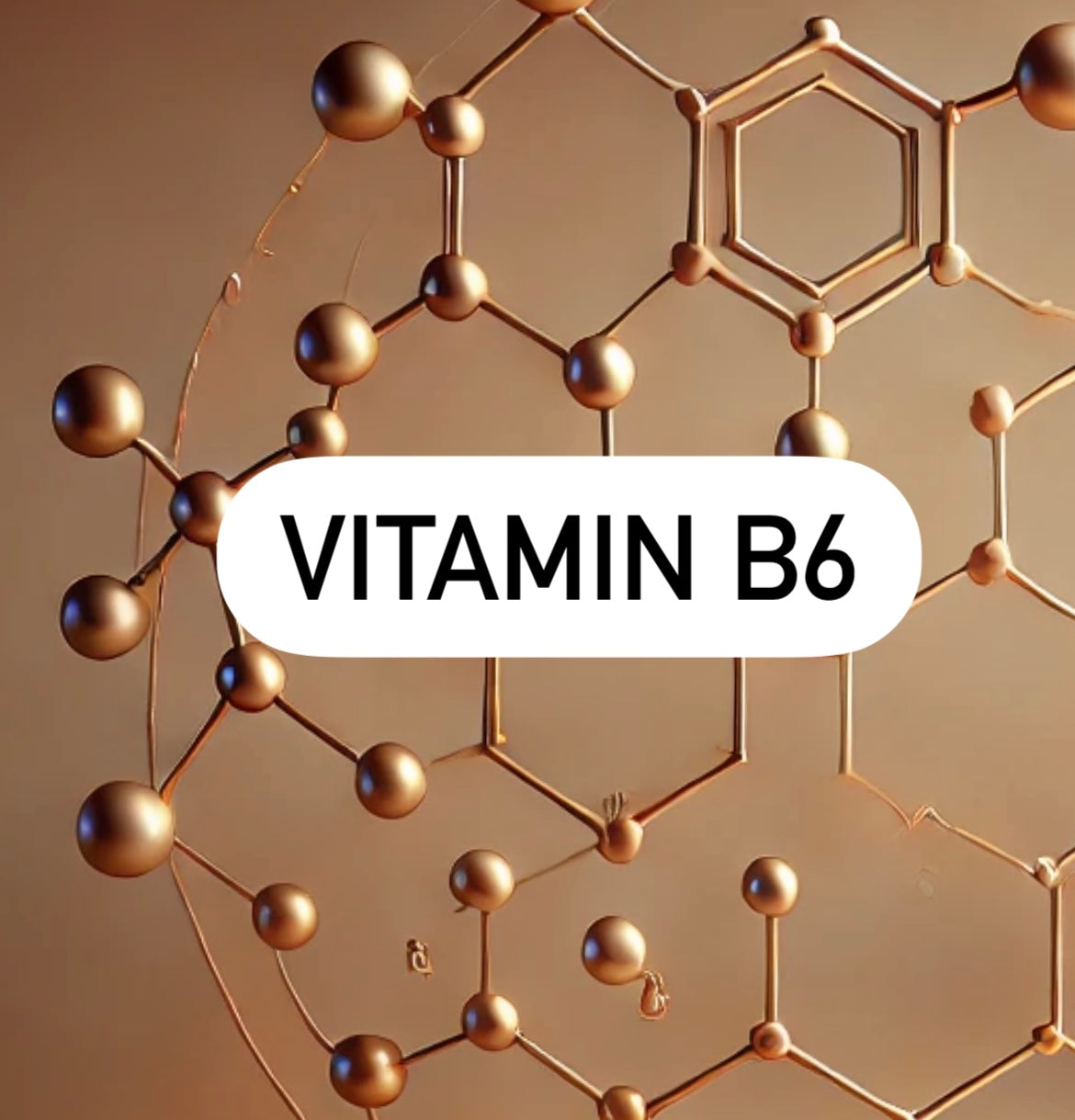
Vitamin B6 (Pyridoxine)
A water-soluble vitamin involved in protein metabolism and red blood cell production.
• Property: Supports brain development, immune function, and the synthesis of neurotransmitters like serotonin.
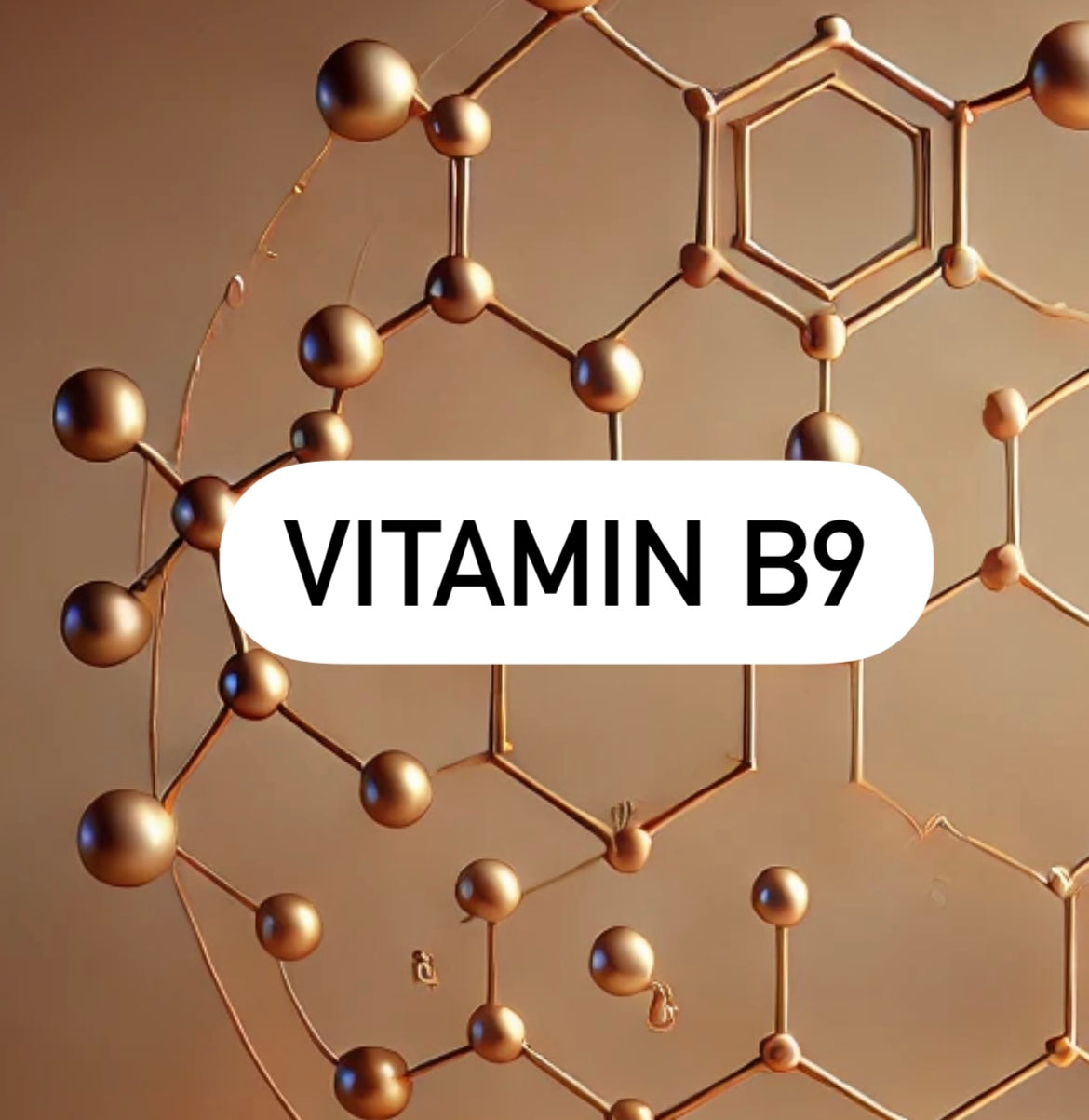
Vitamin B9 (Folic Acid)
A water soluble vitamin that plays a crucial role in DNA synthesis and cell division.
• Property: Important for fetal development during pregnancy, helps reduce homocysteine levels, supporting cardiovascular health, and assist in the formation of red blood cells.
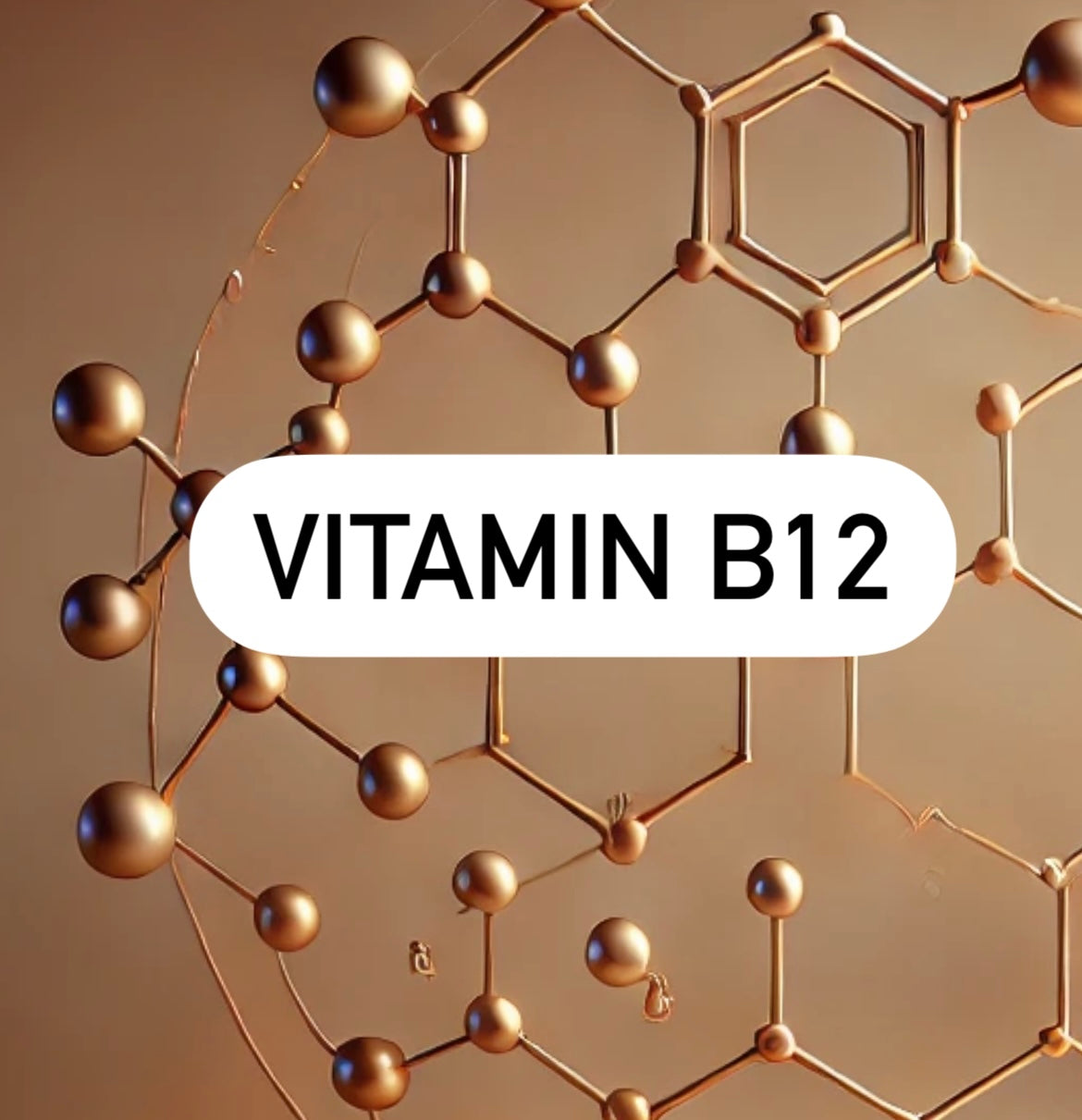
Vitamin B12 (Methylcobalamin)
A water-soluble vitamin and the active form of vitamin B12, making it readily absorbed by the body. It helps in the formation of red blood cells and the maintenance of the nervous system.
• Property: Lowers homocysteine levels supporting heart function, DNA synthesis, and brain health.
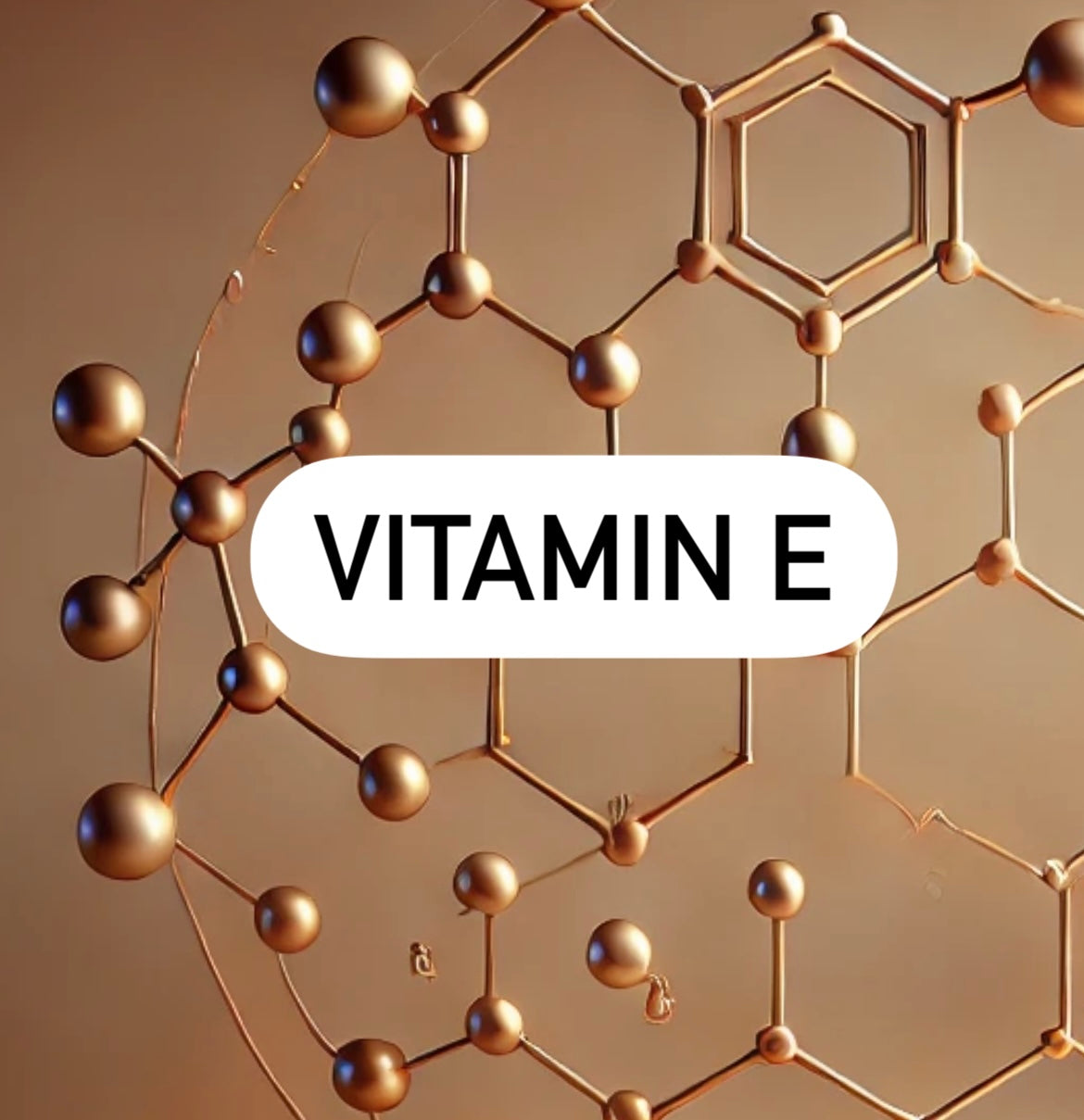
Vitamin E
A fat-soluble antioxidant that protects cells from oxidative damage.
• Property: Helps maintain skin health and supports the immune system.
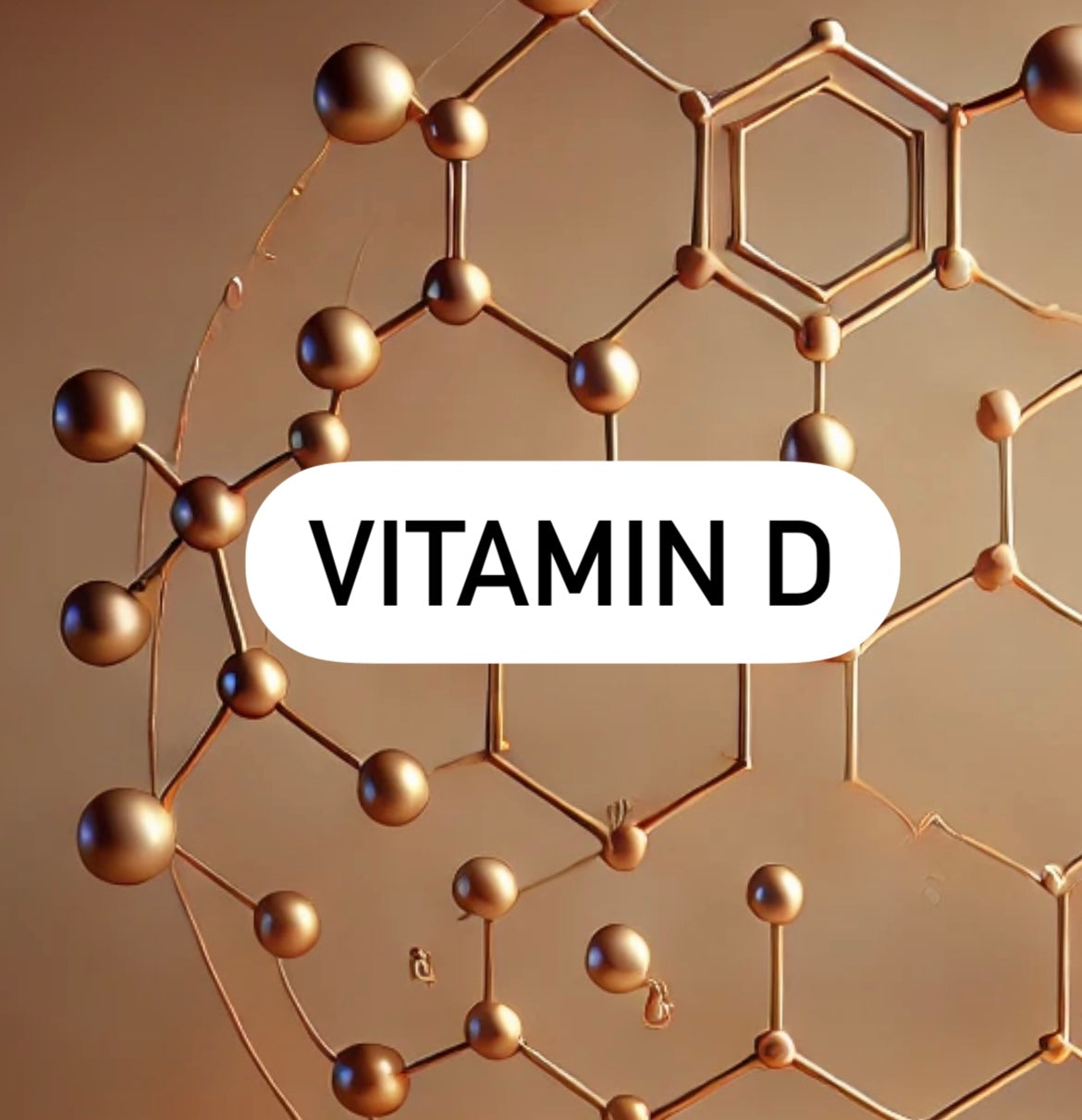
Vitamin D
A fat-soluble vitamin important for calcium absorption and bone health.
• Property: Supports immune function, bone density, and mood regulation.

Magnesium
An essential mineral involved in multiple biochemical reactions in the body.
• Property: Important for muscle and nerve function, bone health, and energy production.

Manganese
A trace mineral involved in bone formation, blood clotting, and antioxidant defense.
• Property: Supports bone health, wound healing, and metabolism.

Selenium
A trace mineral with antioxidant properties that supports immune function and thyroid health.
• Property: Protects cells from oxidative damage and supports the immune system.
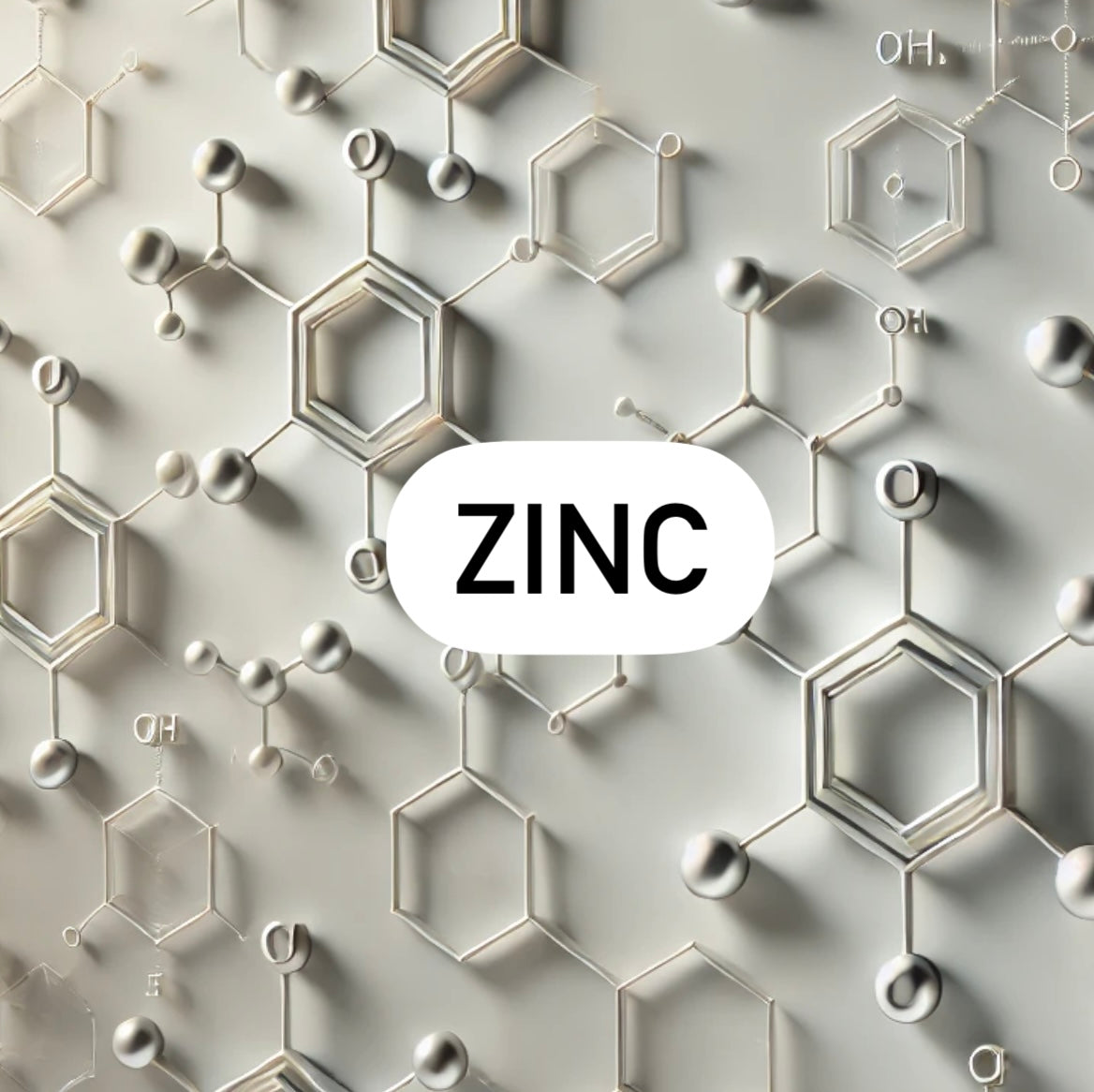
Zinc
An essential trace mineral that plays a critical role in various physiological functions.
• Property: It is crucial for immune function, wound healing, DNA synthesis, and cell division. Zinc also supports normal growth and development during pregnancy, childhood, and adolescence.

Stevia
A natural sweetener derived from the leaves of the Stevia rebaudiana plant.
• Property: Used as a sugar substitute for
its sweetness without the calories. Stevia is often employed in managing blood sugar levels.

Digestive Enzymes
Proteins that help break down food into smaller, absorbable components.
• Property: They assist in the digestion of carbohydrates, proteins, and fats, promoting nutrient absorption and reducing symptoms of indigestion, bloating, and gas.
